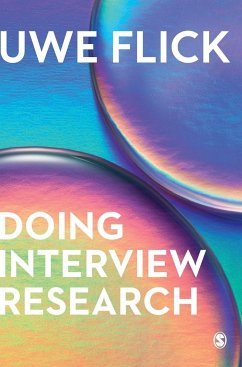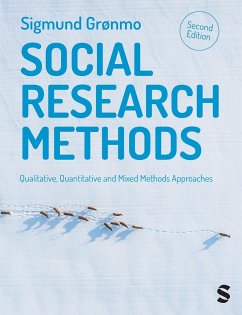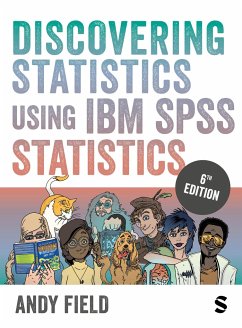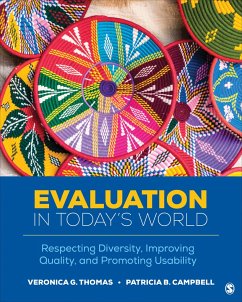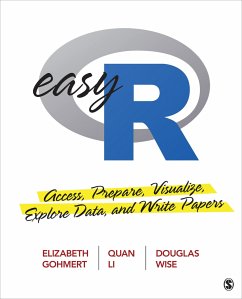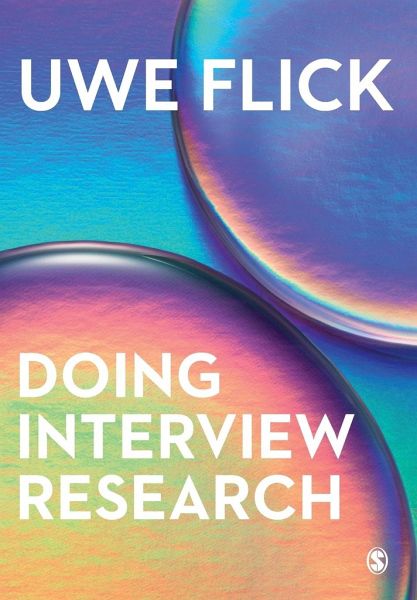
Doing Interview Research
The Essential How To Guide
Versandkostenfrei!
Versandfertig in 6-10 Tagen
31,99 €
inkl. MwSt.
Weitere Ausgaben:

PAYBACK Punkte
16 °P sammeln!
If you want to use interview methods in your research project but are not sure where to start, this book will get you up and running. With hands-on advice for every stage of the social research process, it helps you succeed in every step, from understanding interview research through to designing and conducting your study and working with data.The book: Discusses eight methods of interviewing in-depth, including semi-structured interviews, narrative interviews, focus groups and online interviews. Features over 75 case studies of real interview research from across the globe, including Australi...
If you want to use interview methods in your research project but are not sure where to start, this book will get you up and running. With hands-on advice for every stage of the social research process, it helps you succeed in every step, from understanding interview research through to designing and conducting your study and working with data.
The book:
Discusses eight methods of interviewing in-depth, including semi-structured interviews, narrative interviews, focus groups and online interviews. Features over 75 case studies of real interview research from across the globe, including Australia, Canada, Germany, Norway, the Philippines and South Africa. Spotlights strategies for conducting ethical, inclusive research, including indigenous research approaches.
Packed not only with learning features - including learning objectives, checklists of questions to ask yourself at every stage of your project, practical exercises to help you putyour learning into practice and further reading so you can broaden your knowledge - it is also supported by online resources such as annotated transcripts and videos of mock interviews to empower any social science student to use interview research methods with confidence.
The book:
Discusses eight methods of interviewing in-depth, including semi-structured interviews, narrative interviews, focus groups and online interviews. Features over 75 case studies of real interview research from across the globe, including Australia, Canada, Germany, Norway, the Philippines and South Africa. Spotlights strategies for conducting ethical, inclusive research, including indigenous research approaches.
Packed not only with learning features - including learning objectives, checklists of questions to ask yourself at every stage of your project, practical exercises to help you putyour learning into practice and further reading so you can broaden your knowledge - it is also supported by online resources such as annotated transcripts and videos of mock interviews to empower any social science student to use interview research methods with confidence.





